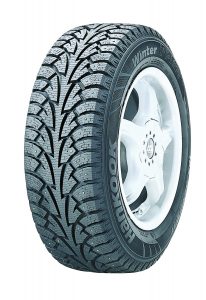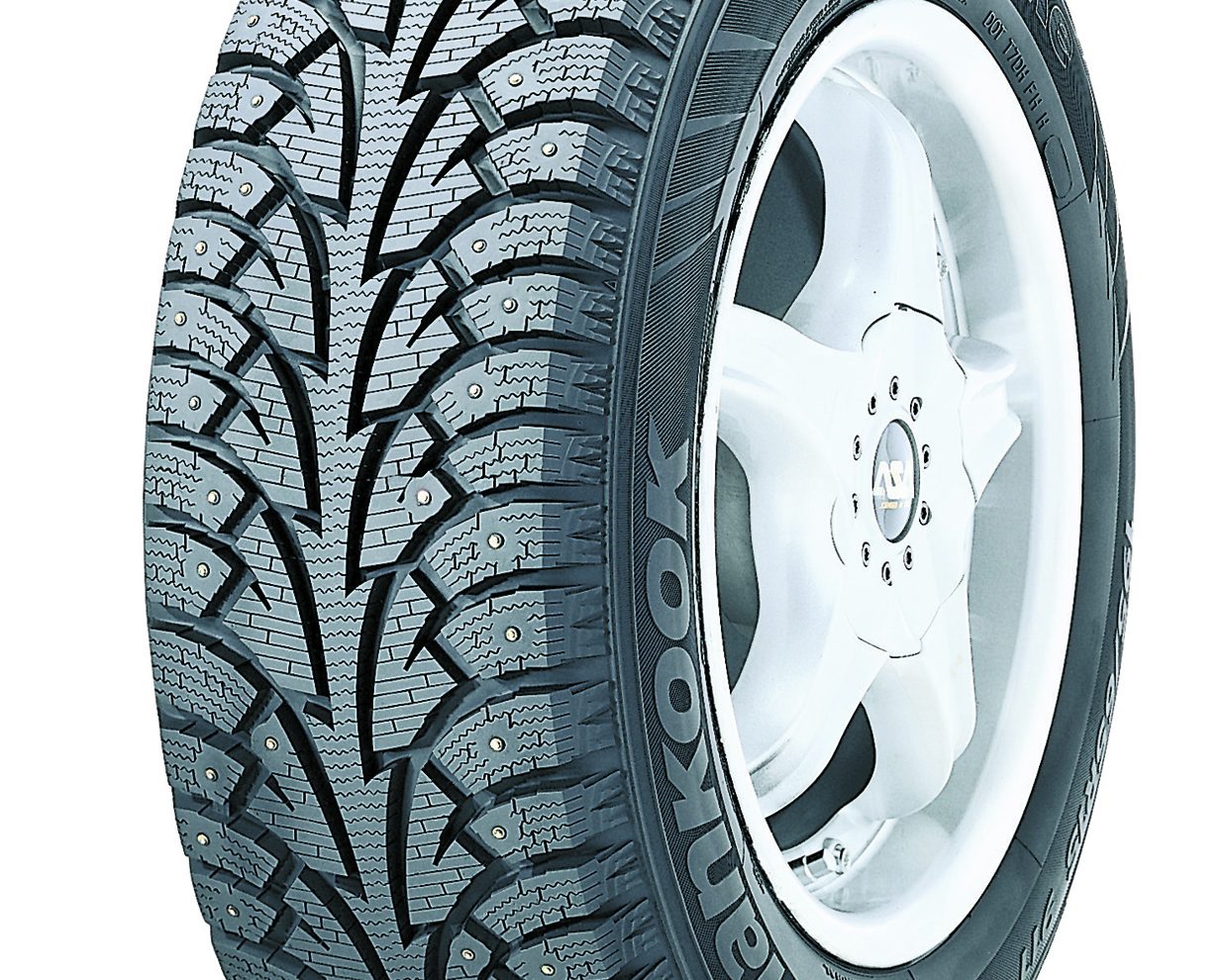Choosing the right tires for your vehicle during winter is as important as wearing your seatbelt. While today’s vehicles are full of safety features, the choice of what you ride on is often forgotten or ignored and remains among the best ways to keep you and your family safe.
A recent study by the Quebec Ministry of Transport has shown that a vehicle equipped with winter tires has 38 per cent less chance of being involved in an accident than a vehicle with all season tires. Yet most Canadians remain unaware of the difference between all season and winter tires.

When the weather is warm and roads are dry, almost any tire with sufficient tread will deliver some control. However, when the temperature drops, all season tires begin to lose their traction. The rubber compound of the tire starts to harden, giving it less grip on the road. By -14 C all season tires no longer function according to their design – resulting in 60 per cent less traction than winter tires. Essentially, at that temperature a vehicle without winter tires will slide like a hockey puck on ice.
“Many people believe that all season tires will do the trick in our harsh Canadian winters, unfortunately that is not true,†says Bill Hume, Vice President of Hankook Tire Canada. “All season tires are not designed to clear snow and slush, and can easily become clogged, making it difficult to stop effectively. Most winter tires have softer compounds and aggressive tread design that help to disperse snow and ice – giving the driver more control.â€
Stopping distance is where winter tires truly outperform all season models. Selecting a quality winter tire, such as the Hankook Winter I*Pike, can result in as much as 40 per cent less stopping distance should you suddenly hit the brakes: that is equal to three full car lengths!
If you drive mostly on plowed roads, or are able to avoid extreme winter driving, you might want to consider the All-Weather tire, a new alternative to the All-Season. This new breed of tires is specifically engineered to be more effective in cold weather, while still delivering great performance year round. The Hankook Optimo 4S, for example, carries the Rubber Association of Canada’s Mountain Snowflake seal of approval for meeting or exceeding winter traction requirement.
Although winter tires are paramount for safe winter driving, it is important to always remember to brake slowly, drive attentively and use extra caution when heading out this winter.
For more information visit www.hankooktire.ca.
www.newscanada.com




















Add Comment